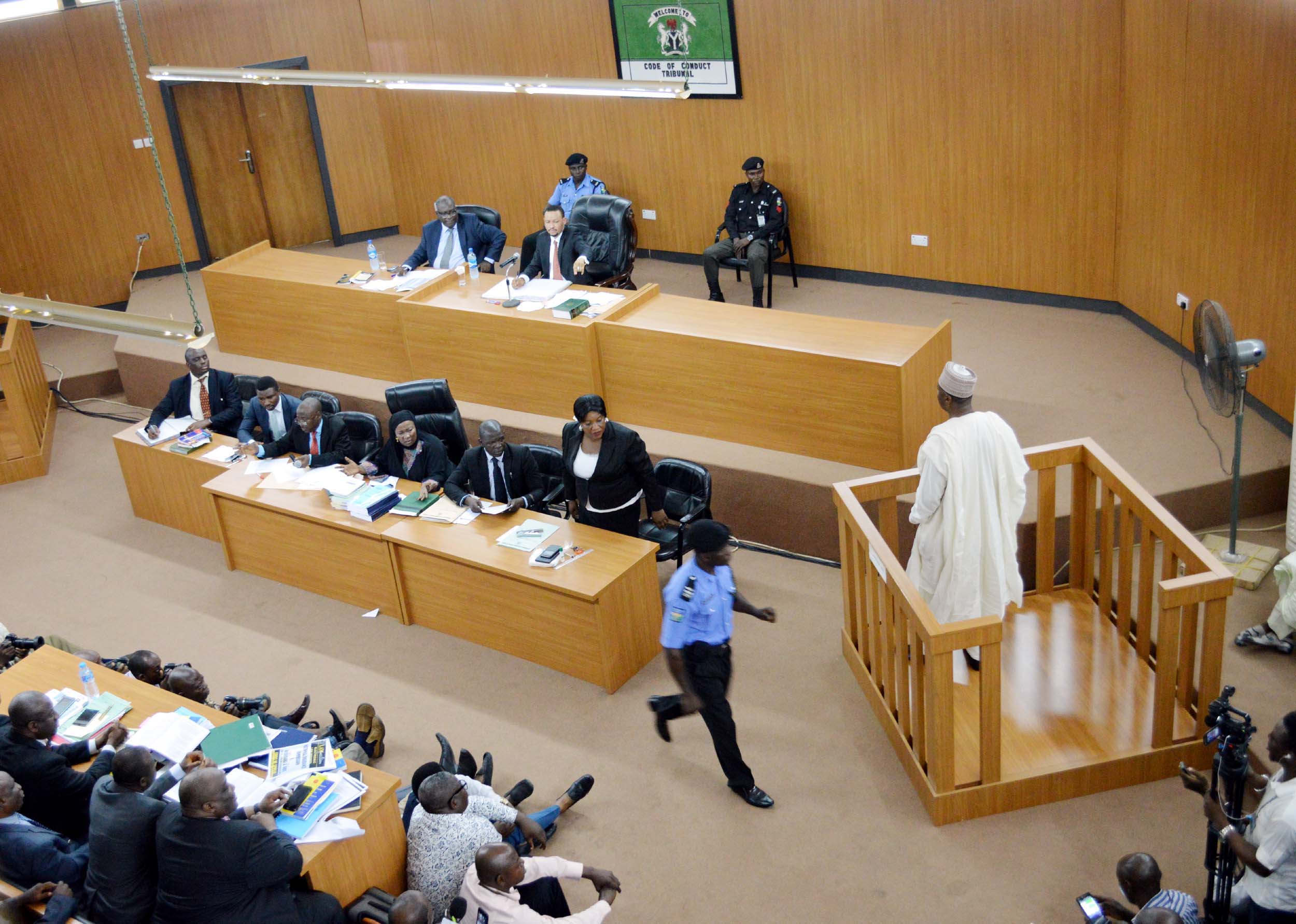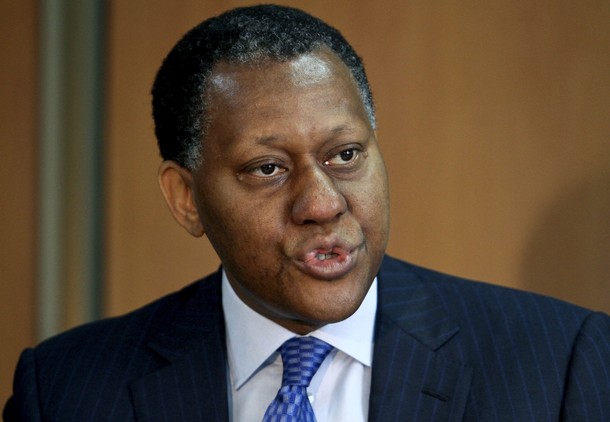The Nigerian Labour Congress has promised to go to war with governors if they attempt to review the current minimum wage from the present N18,000 monthly. With two-thirds of the 36 governors unable to pay salaries and the prospects of improved finances still bleak, the governors appear to be in their most vulnerable moment to pick a fight.
States have their backs to the wall. As a result of the fall in oil prices, national revenue has fallen by 57 per cent and the monthly handouts from Abuja, which account for 90 per cent of the revenue of virtually all the states apart from Lagos, Rivers and Delta, have fallen, too. Apart from the inability to pay salaries, infrastructure and social services in the states have deteriorated and unemployment and crime are rising.
It was in light of these problems that the governors issued a statement last week in which they gave a hint that states might be compelled to review the current minimum wage.
If it was a joke, it was obviously one that labour has warned it would not take lightly. NLC president, Ayuba Wabba, gave reasons why states must not only pay the current minimum wage, but should, in fact, prepare to pay higher wages very soon.
Advertisement
Wabba said the governors had been spending irresponsibly. He told the press, “We have been in the forefront of campaigning that the cost of governance at all levels needs to be drastically cut, to free enough resources for development. The hundreds of billions of naira our public officers continue to fritter away in the name of governance, is what is not sustainable.”
Put bluntly, Wabba said, the problem for the states and other tiers of government is what the high number of political office holders and their unproductive aides take away.
How can Governor Ben Ayade of Cross Rivers who reportedly appointed 700 political aides or Ifeanyi Okowa of Delta who, according to Daily Trust of October 16, appointed over 1,500 political aides turn around and claim they cannot pay a minimum wage of N18,000?
Advertisement
I share labour’s frustration that the poor choices of our political leaders have brought us where we are. But two poor choices don’t make a right one. Labour would like us to believe that the whole point of spoiling for a fight to defend or review wages is in the interest of workers. Well, economic history and common sense do not support that. Nor is it honest to pretend that labour leaders do not have their own vested interest in this business.
If higher collectively bargained wages were the passport to the good life, the Udoji review of 1974, which increased salaries between 12 and 30 per cent, would have guaranteed it for good. Instead, the wage increase led to spiraling inflation, leaving workers worse off.
Wabba and co may be happy with what they get from check-offs – and surely with the power and influence that come with the dues – but economic history does not suggest that fixing the minimum wage have, on the whole, left workers better off. Europe with its appalling history of wage-fixing and labour regulation still has higher unemployment rates than the US with a more flexible system.
The reason is simple and true for labour as for all other factors of production: the higher the prices, the lower the demand would be. In his article entitled, “Minimum Wage Madness,” Thomas Sowell argued that, “One of the simplest and most fundamental economic principles is that people tend to buy more when price is lower and less when the price is higher. Yet advocates of minimum wage laws seem to think that the government can raise the price of labour without reducing the amount of labour that will be hired.”
Advertisement
In the same piece, Sowell pointed out that countries without minimum wage laws have lower rates of unemployment compared with those that have them, citing Switzerland as a clear example. US and Hong Kong pre-minimum wage also had far lower unemployment than what they have today.
There have been half a dozen upward wage reviews since Udoji, yet they have neither solved the living wage problem nor reduced workers’ misery.
Wabba does not want to hear that labour “imposed” the N18,000 minimum wage on states, but even a muffler cannot save him from this bitter truth. Two years ago when the National Assembly wanted to pass a bill decentralising wages, which seemed a commonsense middle road, labour refused, insisting on centralised fixed wages.
Then, labour leaders also cited the irresponsible allowances of legislators as the reason why workers also had to get their own share of the cake. One irresponsible turn does not – and cannot – justify another. Labour leaders must remember that public sector workers constitute only a small fraction of the 54.3million employed, with the sector always lagging behind the private and informal sectors in jobs created. Unions should therefore be careful not to indulge their own narrow interests and those of public sector workers at the expense of the greater good of the entire workforce.
Advertisement
If governors, legislators or any other group of persons are living above their means, it is the responsibility of those directly affected by their profligacy or other public watchdogs to hold them to account. It is not an excuse to potentially worsen the unemployment situation by demanding higher wages. It is bad enough to legislate national wages; it is worse to insist that all states – including those that can pay more or less – must be under the yoke of a common wage.
Examples from India and Canada, both federations, and even Kenya which is not, do not support a uniform national wage structure.
Advertisement
Rather than pick a fight with labour over higher or lower wages, the governors should return to where the rain began to beat them in 2013: They should press for the decentralisation of wages. True federalism demands nothing less.
Ishiekwene is the managing director/editor-in-chief of The Interview magazine and a board member of the Paris-based Global Editor’s Network
Advertisement
Advertisement
Views expressed by contributors are strictly personal and not of TheCable.
Add a comment







